Publications
Articles, publications, books, tools and multimedia features from the U.S. Institute of Peace provide the latest news, analysis, research findings, practitioner guides and reports, all related to the conflict zones and issues that are at the center of the Institute’s work to prevent and reduce violent conflict.

Looking Back on the Cuban Missile Crisis, 50 Years Later
Fifty years ago this month, world attention was fixed on a U.S.-Soviet confrontation over the placement of Soviet nuclear-armed missiles in Cuba, probably the most dangerous and perhaps the most studied moment of the Cold War. This iconic crisis has left us a legacy of lessons and insights for the future, many only recognized in recent years as previously classified materials have become available.
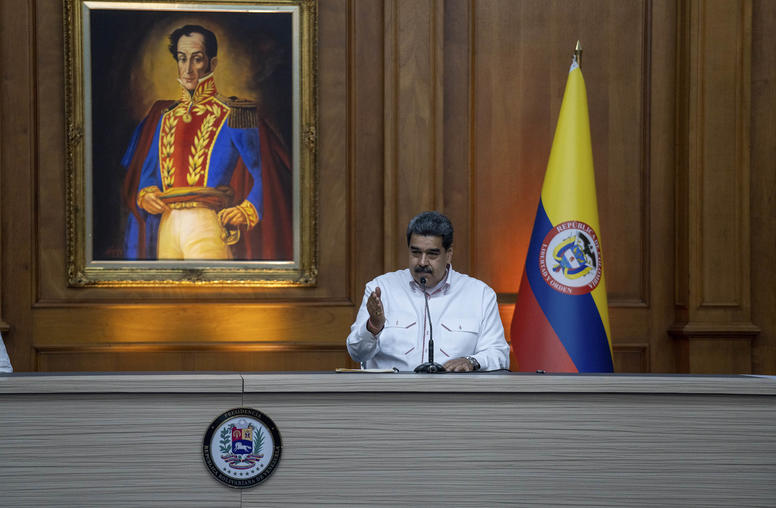
Un enfoque bipartidista estadounidense sobre Venezuela es posible – y necesario
A pesar del gobierno dividido en Washington (ejecutivo demócrata y legislativo republicano), hay un amplio espacio para la acción bipartidista en la política exterior de Estados Unidos. Hacerle control a los avances de China y apoyar a Ucrania contra Rusia encabezan la lista, pero la principal oportunidad para que republicanos y demócratas trabajen juntos puede estar en Venezuela, donde las elecciones presidenciales del próximo año ofrecen la mejor oportunidad en años para una apertura democrática.
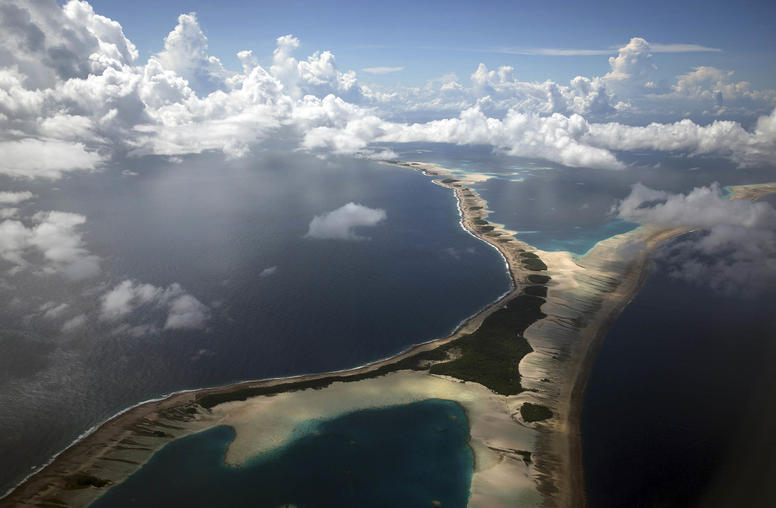
Taiwan and the United States Share Key Interests in the North Pacific
In September 2022, USIP published a report on “China’s Influence on the Freely Associated States of the Northern Pacific,” which consist of the Federated States of Micronesia, the Republic of the Marshall Islands and the Republic of Palau. “China’s engagement in these countries threatens [U.S.] interests both locally and in the broader Pacific region,” said the preface to the report, which makes the case that strengthening U.S. relations with the Freely Associated States (FAS) is essential to secure U.S. interests and prevent China from increasing its influence in the region. This Senior Study Group report largely focuses on the interests of the United States, China and the FAS, but also has significant implications for Taiwan.
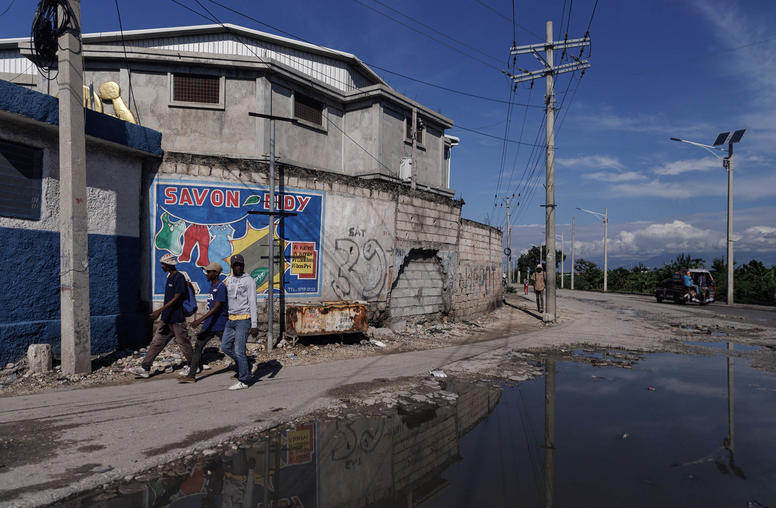
Les Haïtiens ont-ils enfin trouvé la formule pour avancer ?
Les gros titres d'Haïti ont été si mauvais pendant si longtemps que peu attirent plus l'attention du monde. Il semble que presque chaque jour, il y a des histoires de dizaines de personnes tuées dans la capitale du pays ou de la Garde côtière américaine empêchant des centaines de migrants haïtiens d'atteindre les côtes américaines. Ensuite, il y a les titres les plus inquiétants qui disent que la guerre ou même un massacre à la rwandaise s’approchent parmi les « conditions cauchemardesques » du pays. Avec la situation d'Haïti apparemment plus inextricable que jamais, certains observateurs se sont demandé si le monde est tout simplement fatigué d'essayer d'aider Mais à la fin de l'année dernière, un accord peu médiatisé a été forgé par les Haïtiens - injectant une lueur d'espoir que le pays pourrait emprunter un nouveau chemin.
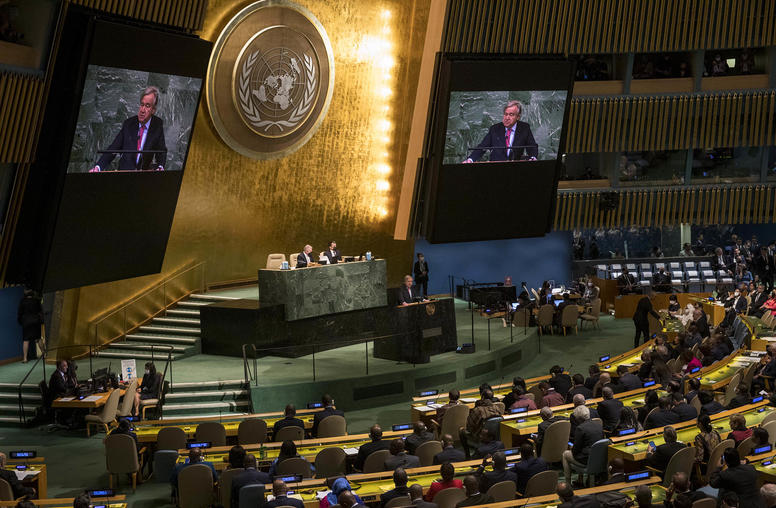
Positivism for Peace: Reforming the International System
Among many insightful and concerning points raised by the U.S. intelligence community’s 2023 threat assessment, it notes that "great powers, rising regional powers, as well as an evolving array of non-state actors, will vie for dominance in the global order … [and] compete to set the emerging conditions and the rules that will shape that order for decades to come.” China’s efforts to supplant U.S. dominance of global governance, along with divisions in the international community over the war in Ukraine have brought to the fore questions over the utility and viability of today’s international order.
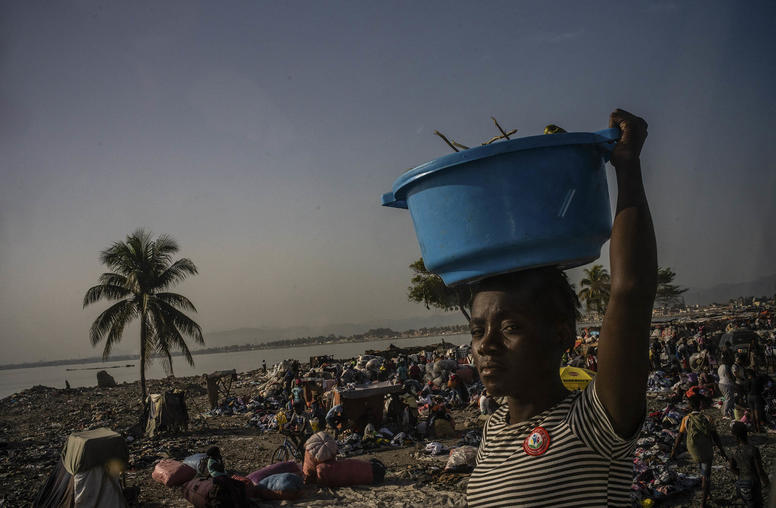
What’s the State of Play on the Global Fragility Act?
The White House’s recent release of 10-year stabilization and conflict prevention plans marks another milestone in U.S. efforts to implement the closely watched Global Fragility Act (GFA). The legislation received bipartisan support in the U.S. Congress before being signed into law by then President Donald Trump in 2019. It requires the U.S. government to develop a strategy for preventing the drivers of violent conflict and extremism, and to test a more coordinated, cost-effective and sustained U.S. approach in hot spots around the world.
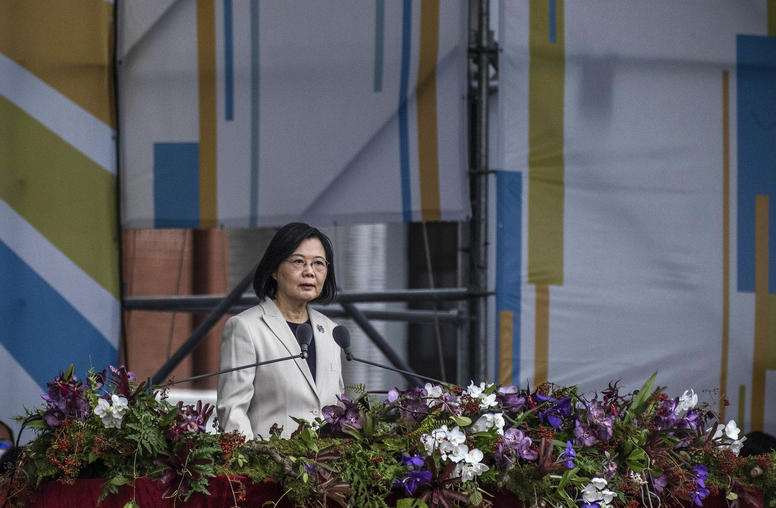
Tensions over Taiwan Rise with Tsai’s U.S. Stopover
President Tsai Ing-wen of Taiwan transits this week through the United States, stopping in New York on her way to Guatemala and Belize, and in California on her way home. Tsai has made six stopovers since she took office in 2016, but this is the first since July 2019. The stopovers are not official visits, but Tsai is expected to meet Speaker of the House Kevin McCarthy in California. Beijing has made it known it fiercely opposes the stopover and threatened to retaliate if McCarthy and Tsai meet.
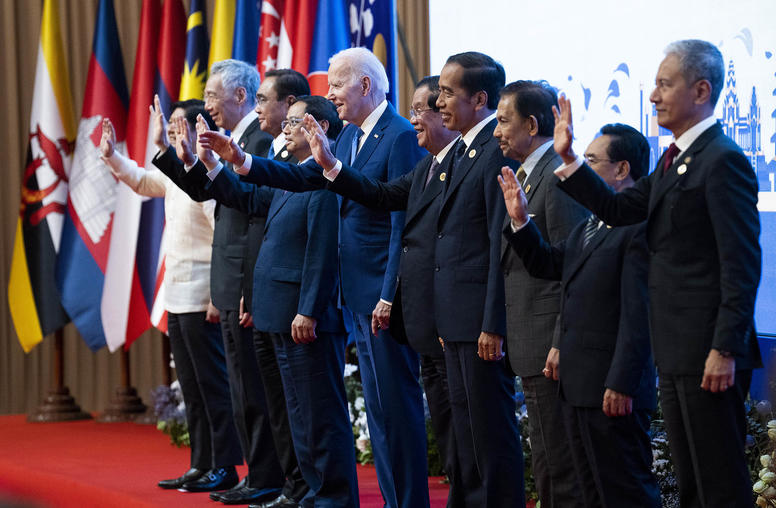
U.S.-China Rivalry: The Dangers of Compelling Countries to Take Sides
As the U.S.-China rivalry intensifies — with some speculating a new Cold War is in the offing — many Asian countries are looking on with concern. If Washington seeks to maintain its role as a global leader, it should be judicious in how it contests Chinese influence in Asia, which seems likely to be the key battleground of the new Sino-American rivalry. The United States must understand that Asian countries do not want to be forced to constantly manage competing pressures from superpowers. Cold War-era Sino-American competition demonstrates that forcing Asian countries to choose sides can ultimately be counterproductive and undermines one of the United States’ chief attributes in this global competition.
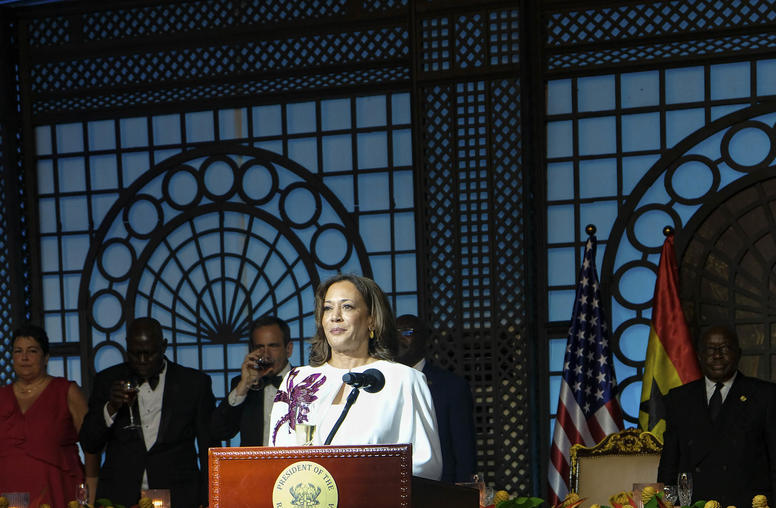
Vice President Harris Helps Focus on Ghana, West Africa
Vice President Kamala Harris’ choice of Ghana this week as the place to launch her show of U.S. commitment to a new partnership with Africa can be no surprise. Ghana is one of Africa’s more established democracies and is at the center of the coastal West Africa region that the United States has targeted for focused efforts to prevent instability and the spread of extremism that is driving insurgencies in the neighboring Sahel region. As Ghana confronts that threat, notably in its vulnerable north, its community and civil society groups form an essential resource that partners should support.

For Libyans, Elections Are Just Part of the Path to Peace
In mid-March, a delegation of prominent Libyans traveled to Washington carrying an important message: a new U.N. initiative focused on holding elections is welcome but it must be part of a bigger, comprehensive reconciliation effort to bring peace and stability to Libya. According to the deputy head of Libya’s Presidential Council, Abdullah Al-Lafi, reconciliation — and elections — can only be achieved by Libyans themselves. In Washington, Al-Lafi and the members of his delegation presented their own initiative for a national reconciliation project in order to create a Libyan-led process that complements the plan for elections proposed by U.N. Special Representative of the Secretary-General for Libya Abdoulaye Bathily.